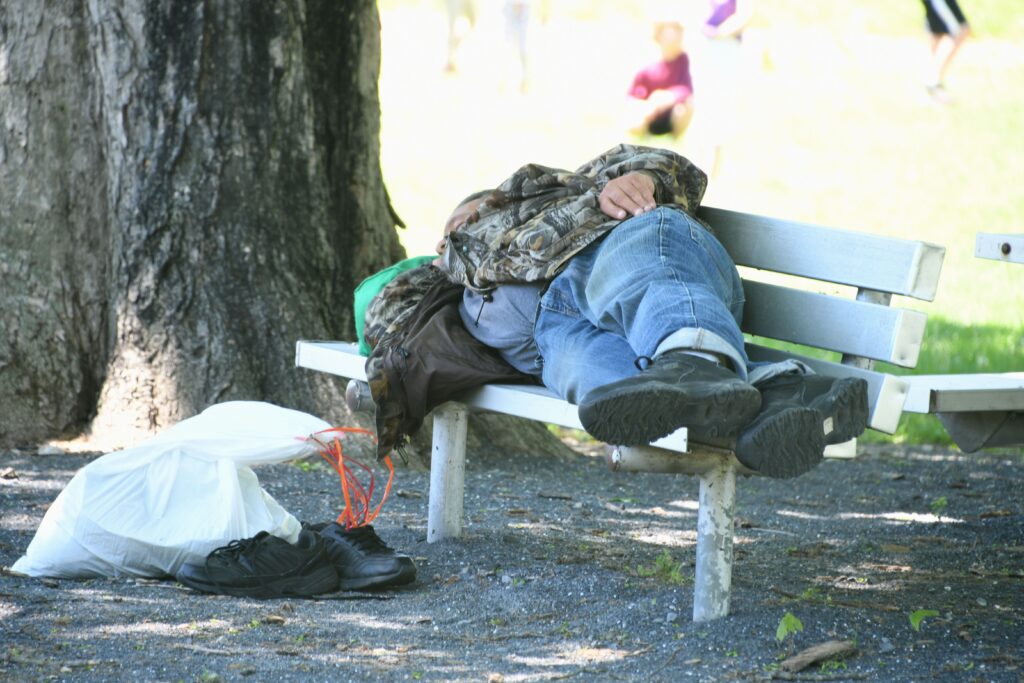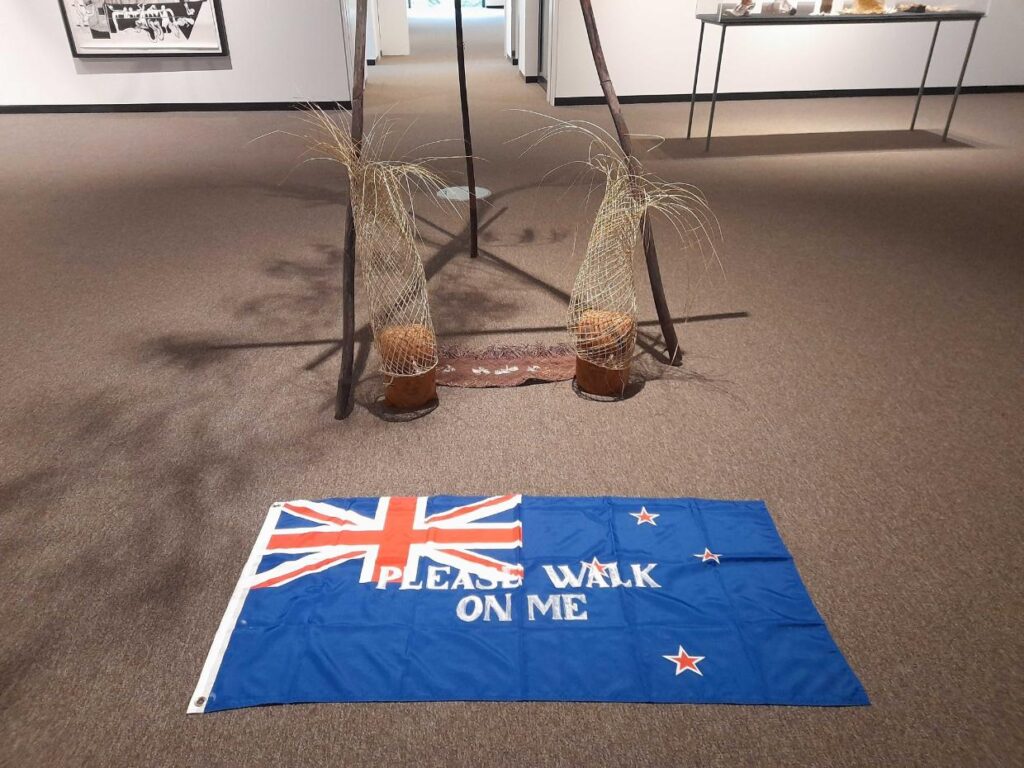According to the census data, approximately 112,000 people are estimated to be severely housing deprived.
This is an increase of around 13,000 on the 99,462 people estimated for 2018, according to figures released by Stats NZ on Wednesday.
What exactly is severe housing deprivation? It refers to people living in severely inadequate housing who do not have the means or the option to access a private dwelling to rent or own that has all basic amenities.
This can range from living without shelter to living in uninhabitable housing.
The stats found the proportion of those living in uninhabitable housing, the largest category of severe housing deprivation, increased 7.4% from 2018.
At the time of the 2023 Census, 34,557 people with Māori ethnicity were estimated to be severely housing deprived as well as 28,779 Pacific peoples.
The 2023 Census was the first time severe housing deprivation estimates have been able to be produced from census data for LGBTIQ+, or Rainbow, communities.
It found 4413 people in the LGBTIQ+ population were estimated to be living in severe housing deprivation. The LGBTIQ+ population had higher proportions of people affected across all categories of homelessness.



